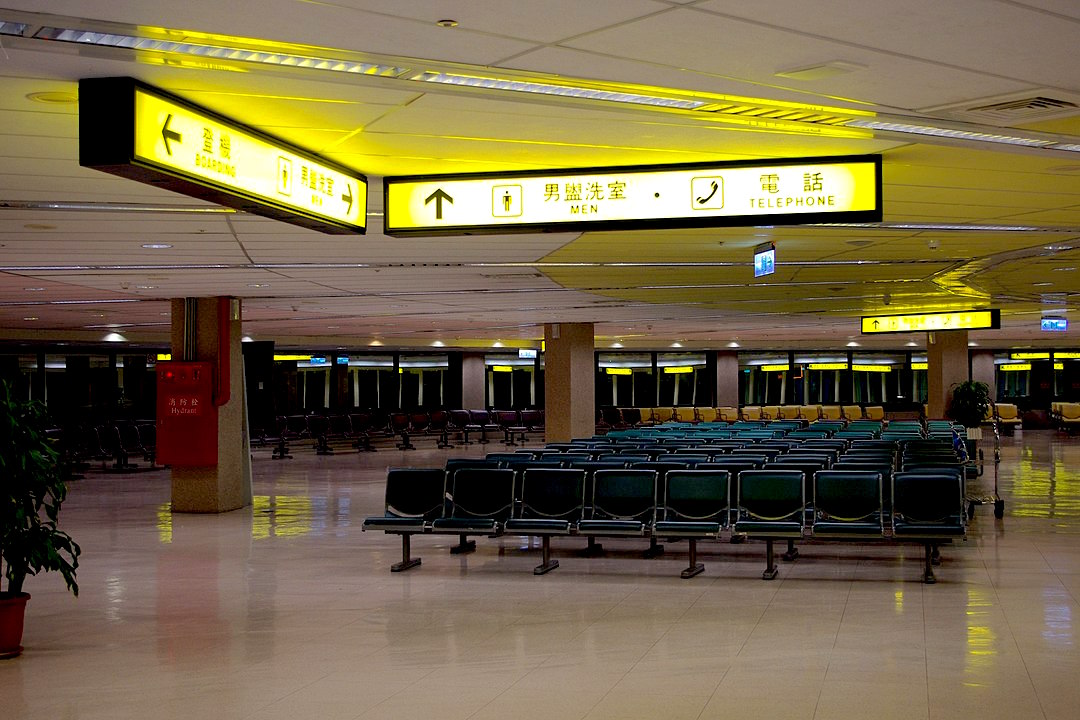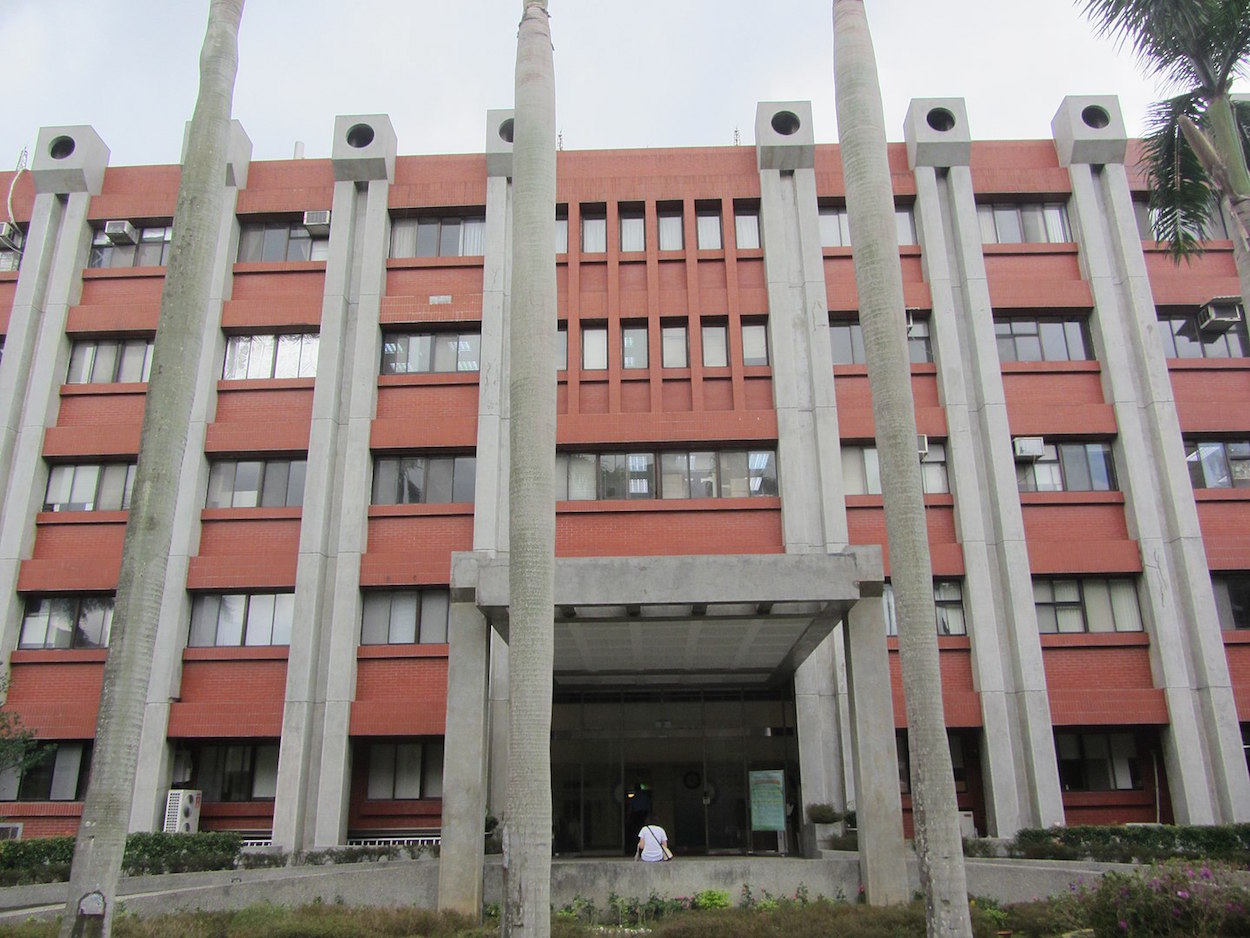by Brian Hioe
語言:
English
Photo Credit: Jiang/WikiCommons/CC
EFFORTS TO fight the COVID-19 coronavirus outbreak continue in Taiwan. New developments, however, have seen rising concerns about the spread of COVID-19 in South Korea and the potential effects this could have on Taiwan.
South Korea has seen a large and sudden increase in the number of reported COVID-19 cases in the last few days, with the total number of COVID-19 cases reported as 833 as of earlier today. This is thought to be due to the spread of COVID-19 among members of the Shincheonji Church of Jesus in the city of Daegu, a religious group oftentimes accused of being a cult.
 Photo credit: Matt @ PEK/WikiCommons/CC
Photo credit: Matt @ PEK/WikiCommons/CC
COVID-19 is thought to have spread among members of the church because of individuals infected with COVID-19 attending church services, as well as possibly due to the fact that members of the church believed that their religious belief would protect them from the virus. South Korea now has the largest cluster of COVID-19 outside of China, with the South Korean government issuing a “Red” warning alert for COVID-19, its highest level of disease alert.
The Taiwanese government has responded to the spread of COVID-19 in South Korea by issuing a level 3 travel alert for South Korea. Individuals that arrive in Taiwan from South Korea will be required to undergo a quarantine period of fourteen days as of Thursday at 12 AM. Rising concerns about COVID-19 in South Korea follow suit on growing concerns that the Japanese government has taken insufficient measures to combat COVID-19.
In the meantime, Taiwan has confirmed its 29th, 30th, and 31st cases of COVID-19, a father in his 80s, his son who is in his 50s, and an 11-year-old, who caught COVID-19 from family members. A Taiwanese teenager with hemophilia trapped in Wuhan, which is still under lockdown, has been repatriated to Taiwan. Previous reports suggested that he was on the verge of running out of medication for his hemophilia in Wuhan and that he may have been kicked off of a previous flight repatriating Taiwanese nationals from Wuhan arranged by Vincent Hsu of the KMT.
Other measures taken to combat the spread of COVID-19 by the Taiwanese government have included the Environmental Protection Agency disinfecting all schools, with K-12 schools set to reopen today after the beginning of the semester was delayed by two weeks. The Ministry of Education will also be distributing 6.45 million medical masks, 25,000 infrared thermometers, and 84,000 liters of hand sanitizer to schools.
A more controversial measure by the Taiwanese government, however, has been a travel ban on medical personnel intended to prevent Taiwan from having a shortage of medical workers during the COVID-19 outbreak, with labor groups and others questioning whether this infringes upon the fundamental freedom of movement of medical workers. The Central Epidemic Command Center later clarified that this travel ban only applied to medical personnel traveling to China, Hong Kong, and Macau.
However, as with the SARS epidemic in 2003, it is possible that further regulations on medical personnel and healthcare workers will be rolled out if the epidemic worsens. This may include dividing all medical personnel into teams, which will alternate work shifts and have their movements within the hospitals they work in limited, in order to allow for more effective quarantines if any medical personnel become infected with COVID-19.
Efforts are currently underway to increase the production of remdesivir, an experimental drug that has been used to treat COVID-19 patients, although questions have also been raised about the drug’s actual effectiveness in fighting COVID-19. The Institute of Biotechnology and Pharmaceutical Research at the National Health Research Institutes and Institute of Chemistry at Academia Sinica have both been engaged in efforts to synthesize the drug.
 The Institute of Chemistry at Academia Sinica. Photo credit: SSR2000/WikiCommons/CC
The Institute of Chemistry at Academia Sinica. Photo credit: SSR2000/WikiCommons/CC
Efforts by the Taiwanese government at present seem to be primarily focused on preventing the community spread of COVID-19. Although Taiwan was already labeled as a location in which the community spread of COVID-19 has begun by the US, it is probable that the community spread of COVID-19 has not taken place in earnest.
An interesting side effect of the spread of COVID-19 may be further distinctions being drawn between Taiwan and China. Polling from the Taiwan Public Opinion Foundation (TPOF) shows that exclusive Taiwanese identity is at an all-time high of 83.2%, with 6.7% of respondents saying that they were both Taiwanese and Chinese, 5.3% saying that they were exclusively Chinese, and 4.8% refusing to answer.
The TPOF slants deep Green in its polling results, something that has led to questions about the validity of the TPOF’s polling methodology in the past, such as polling indicating that William Lai would outperform Tsai Ing-wen as the DPP’s presidential candidate at a time in which foundation chair Michael You backed Lai as the DPP’s presidential candidate over Tsai. Yet the TPOF’s polling results on Taiwanese identity might not be particularly surprising at present.

